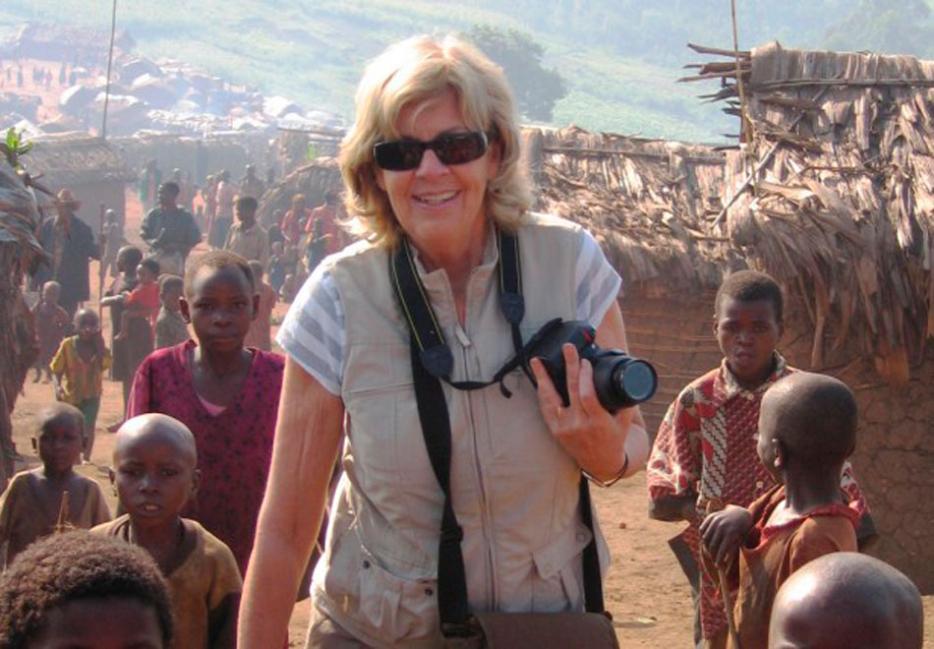The first question went something like this:
“OK, Sally, your new book is entitled The Ascent of Women, but what I’m seeing in the news is a teenage girl being shot in the head for wanting to go to school, a tourist being raped to death; are you kidding me?”
The occasion was an interview between Susan G. Cole, literary editor for Toronto’s Now Magazine, and the indomitable Sally Armstrong, whose latest book, The Ascent of Women, had just hit the shelves.
I’ve mentioned before that I’m the travelling bookseller. You write a book, go out to talk about it, you’re going to need someone there with you to sell the books, to tote the cartons, manage the credit card transactions, send the numbers to BookNet. That would be me.
I’ve been on the road with Sally in the past, and I’m thrilled to be doing it again. Hanging with people like her raises the satisfaction level of my job to another level. She owns whatever room she’s in; she’s smart, she’s informed, and she’s passionate. For decades she’s been on the front lines chasing stories about women, and I mean the front lines. Sally has been everywhere; Iraq, Afghanistan, Pakistan, Palestine, wherever the lives of women and girls are under threat. Her stories for print, television and in her books are relentless in agitating for human rights. Human rights!
“Susan,” she explained patiently, “these things have been going on for years. Years! And now they’re making the headlines. We’ve reached the tipping point, finally.”
And so it went, for more than an hour, to a packed house, two tireless champions of women’s rights, one impatient to the point of exasperation, the other as irrepressibly upbeat as she always is. For Sally the race is not to the swift but to the persistent, and her book is packed with stories of progress and hope.
This is no sugar-coated dreamscape, though. Sally has stories that will shake your faith in humanity. I’m usually content to stay in the background, but I found myself asking a question from the audience.
“Sally,” I said, “I’ve known you for a long time. You’ve seen things that a lot of people don’t even want to know about, but every time I see you, you’re upbeat, and positive, overflowing with optimism. How do you do it?”
“I’ve ruined a few dinner parties, I can tell you that,” she answered, after a pause. “Usually what sets me off is when someone talks about mistreatment of women as some kind of cultural thing; like, ‘that’s their culture.’ Like abuse and criminal behaviour is somehow justified, like, ‘that’s their business.’ I hate that, and I hate it because it’s just not true.”
She tells the story about the success in Senegal at putting an end to female genital mutilation, defying years of an entrenched and horrific practice that cut across religious lines, and which was only changed as a result of solidarity among women and the artful application of knowledge and politics.
“Cultures change,” she says.
Her message remains a simple one. You want an end to poverty, and end to conflict, an end to violence? Bring women into the process.
It’s an unending struggle—the gains are incremental, and always in danger of disappearing. Sally reminds us that the developed world can’t be too self-satisfied, that Canada’s treatment of aboriginal women leaves a lot to be desired.
The book offers several examples of women in North America raising a lot of money to do a lot of good in the world. Raising consciousness is a different matter. It’s hard not to share Cole’s pique at the glacial pace of progress, but Sally’s optimism is infectious. She leads from the front.
Sally will be touring the country for the next little while talking about her new book. If she’s appearing in your town, go out and listen to her. Take your daughter. Take your son. You’ll leave feeling a little better about the future of the world we live in, and inspired to do at least a little bit to help move things along. Maybe I’ll see you there.






